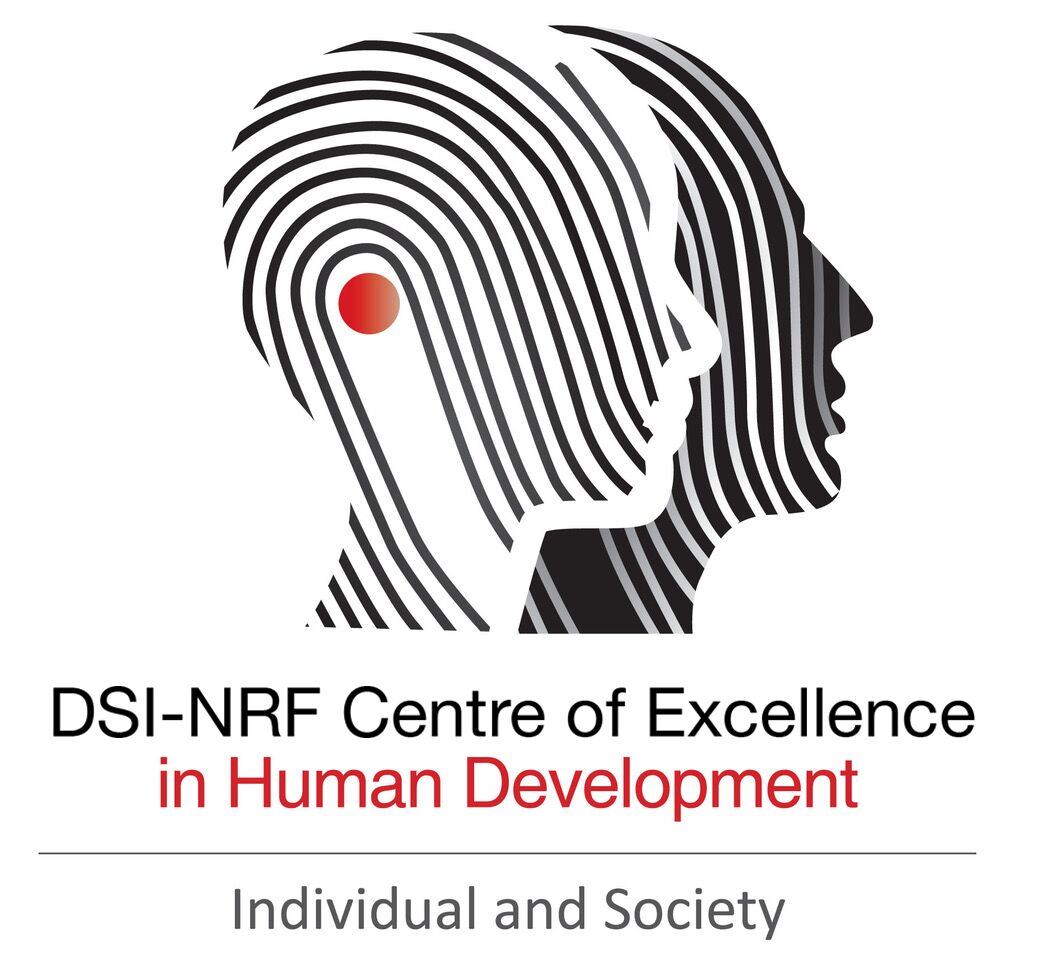CoE research and advocacy on breastfeeding
The CoE has done very high profile research on breastfeeding

The Lancet Series on breastfeeding, on which CoE director Prof Linda Richter worked, was published on 30 January 2016. In the introduction, The Lancet Series authors assert that "[t]he Series represents the most in-depth analysis done so far into the health and economic benefits that breastfeeding can produce". The CoE has produced two research nuggets on breastfeeding: Breastfeeding - the best investment for you, me, our children and our world and Breastfeeding - no substitute.
Dr Tamsen Rochat, one of the CoE's grantees, working with CoE lead investigator, Dr Chris Desmond, and others showed in a 7 - 10 year follow-up study of children in KwaZulu-Natal that breastfeeding protected children against behavioural and conduct disorders. Breastfed babies were found to be better behaved on standardised assessment instruments in the primary school years than their non-breastfed peers. Watch Tamsen Rochat speak about this research here on YouTube.
In January 2018, CoE-HUMAN published a policy review by Patricia Martin-Wiesner, our policy analyst, of South African policies that protect, promote and support breastfeeding.
Since 2017 the CoE has been conducting a review of published research on the reported prevalence and rates of breastfeeding in South Africa in the past 50 years from 1966 to 2016. Literature has been selected from studies carried out in different South African populations and locations, and not only from nationally representative surveys.
As part of efforts to promote breastfeeding in South Africa, the region and globally, the CoE part-funded the 2nd World Breastfeeding Conference which was held in Johannesburg on 11-14 December 2016. The conference, organised by the International Baby Food Action Network (IBFAN), was attended by 457 participants drawn from 45 countries. Other sponsors and funders included the South African National Department of Health, the World Health Organization, UNICEF, the World Food Programme and USAID.

